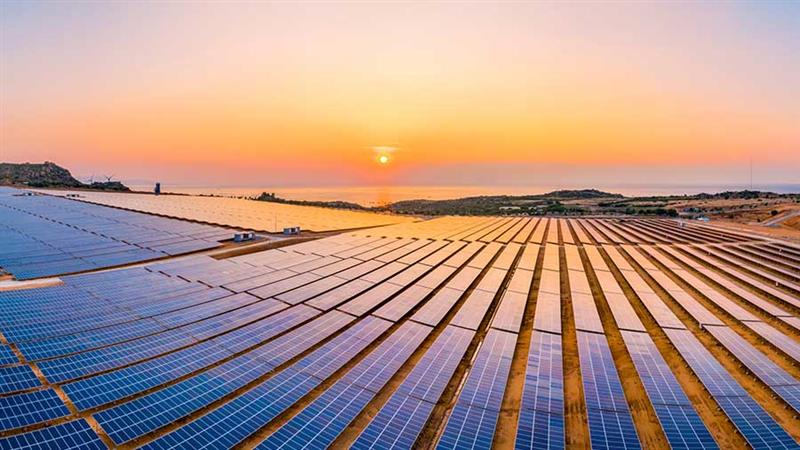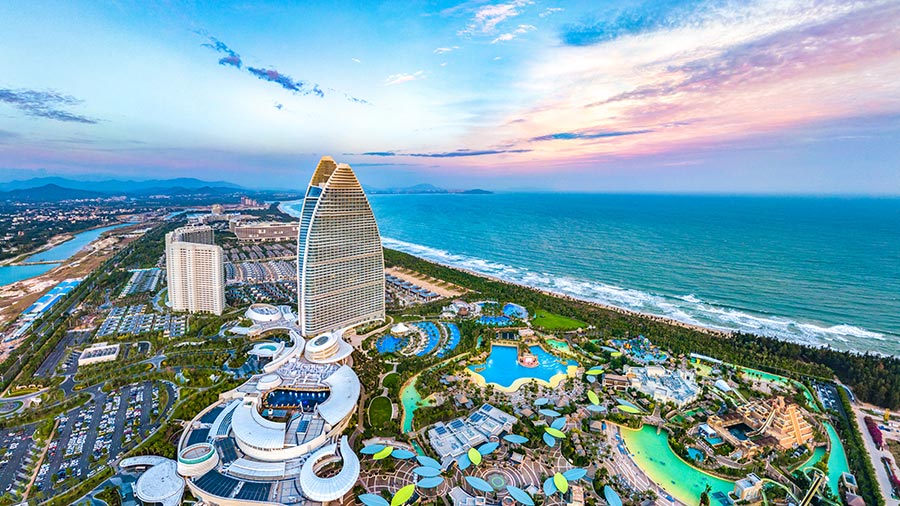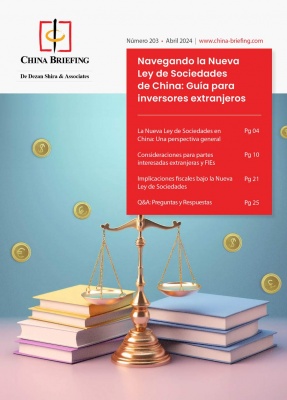New Development Zone in Tianjin to Further Boost FDI
Jul. 4 – Tianjin has been historically regarded as one of the major trading centers in China for its convenient location, abundant natural resources, and rich culture. Today, Tianjin is still regarded as a major trading hub, as it can be seen in the economic success of the area. In 2010, Tianjin’s GDP hit roughly US$140 billion with a year on year growth rate of 21.4 percent. Total exports and imports amounted to US$82.2 billion.
Tianjin’s industry centers around six core industrial sectors, namely information technology, automotive, chemicals, metallurgy, medicine, new energy sources and environmental protection. These combine to produce over 70 percent of Tianjin’s total industrial output. It is also an export-processing base for a wide range of products, in particular machinery, raw materials and mineral fuels.
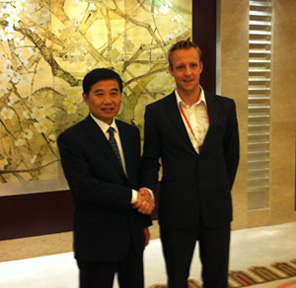
Sam Woollard, group marketing director for Dezan Shira & Associates Asia, meets with officials on the sidelines of the XEDA Conference last week.
Petrochemicals are a major industry in the city, which has rich reserves of petroleum and natural gas. Sinopec is planning on spending US$4.8 billion to expand its Tianjin plant in order to meet the surging demand for petrochemicals in northern China.
Many other major companies are investing and establishing offices in Tianjin. Recently this year, Boeing opened its second factory in the region via their joint venture Boeing Tianjin Composites Co. Ltd. This factory is expected to increase total production by 60 percent and increase its labor force by 50 percent.
Tianjin is divided into the old city and a number of development zones. Binhai New Area, a new growth center where most foreign investment currently takes place, is able to maintain an annual GDP growth rate of nearly 30 percent. Moreover, a new development zone is soon to be inaugurated: the Xiqing Economic Development Area. On Wednesday June 29, the 2011 Xiqing Contract Negotiations and Signing Conference for Joint Missions held by XEDA (Xiqing Economic Development Area) took place in Tianjin.
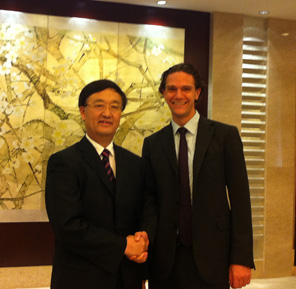
Richard Hoffmann, manager at Dezan Shira & Associates, meets with officials on the sidelines of the XEDA Conference last week.
Xiqing District is located in the Southwest area of Tiajin with a population of 530,000. In 2008, Xiqing District had the highest GDP of Tianjin and the local government is dedicated to improving the quality of life of its population by developing the area’s economy. The district benefits from an extensive transportation system composed of more than 10 expressways, convenient subway stations, and proximity to the Tianjin Binhai Airport and Tianjin Port.
In recent years, major industries like automobile, electronics, bio-pharmaceutics, and others have seen Xiqing District as a prosperous area for their business, which has accounted for US$6.5 billion in foreign investment to the area. Leading multinational companies like Procter & Gamble, Samsung, and Toyota have already established branches in Xiqing District and these are just few of the 984 industrial enterprises operating in the district.
On June 29, Richard Hoffmann and Sam Woollard from Dezan Shira & Associates represented the company in the signing of the contract that promotes investment into the area. In addition to numerous business players, key figures present at the conference included Xiqing’s District Chief Zhou Jiabiao; Xiqing District Committee’s Deputy Secretary Yang Mao Rong; Xeda’s Chairman Li Wenyong; and the Xiqing Investment Promotion and Cooperation Bureau’s Deputy General Director Ying Chang.
Dezan Shira & Associates also sees Tianjin as a prosperous area with room to grow. This month, the firm will be opening their Tianjin office to better cater to its clients needs. This will be the 12th office DSA has established in China since the firm was founded in 1992. If you have any questions about doing business in Tianjin, please contact Richard Hoffmann at richard.hoffmann@dezshira.com.
Related Reading
 Asia Briefing’s City Guide on Tianjin
Asia Briefing’s City Guide on Tianjin
Asia Briefing’s City Guide on Tianjin is designed for the investor seeking a general overview on one of China’s rapidly growing provinces. Compiled by our own local resources and expertise, this guide presents the investor a real picture of the city’s economic conditions.
- Previous Article The Evolution of China’s Communist Party, 90 Years in the Making
- Next Article Beijing Abolishes Mandatory IP Transfers in Gov’t Procurement Projects

